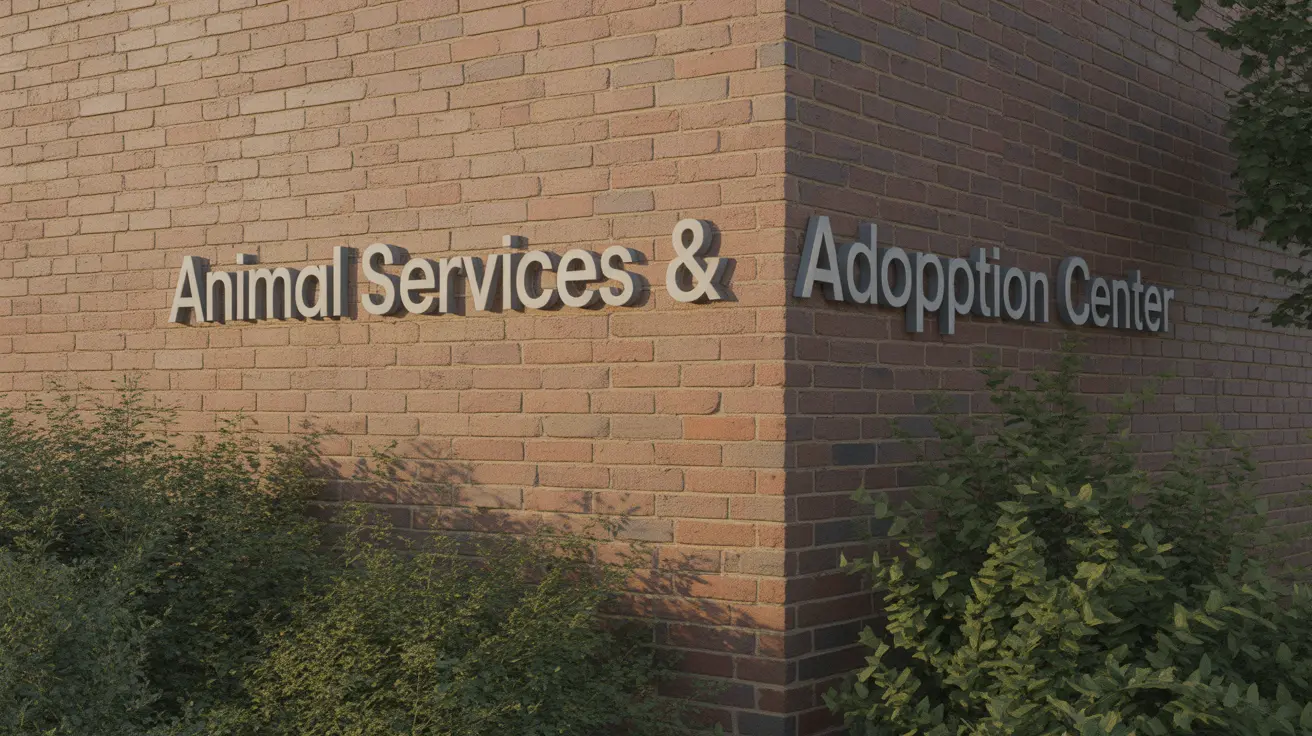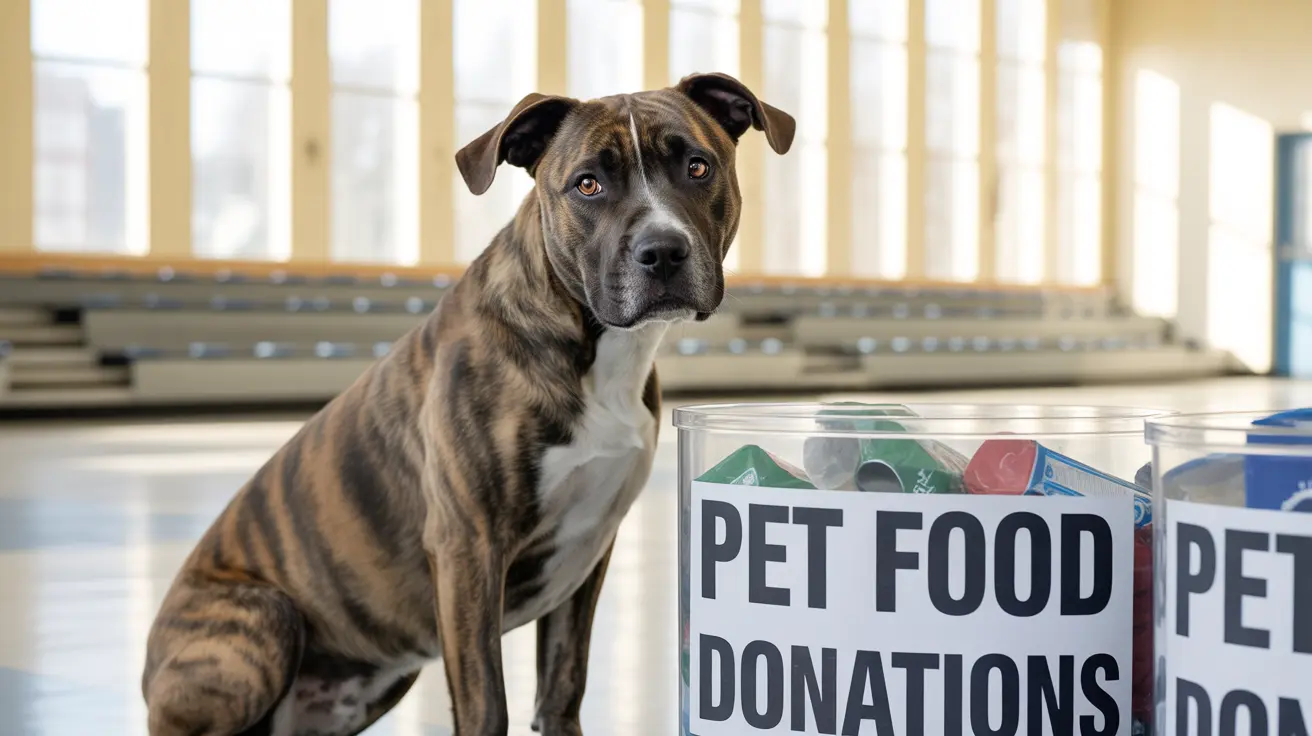When your dog's nose feels dry, it's natural to wonder if something's wrong. While a dry nose can be concerning for pet owners, it's important to understand that this common condition isn't always a sign of health issues. In this comprehensive guide, we'll explore the various causes of a dry nose in dogs, help you determine when it's a cause for concern, and provide expert guidance on monitoring your pet's health.
Understanding Your Dog's Nose
A dog's nose naturally alternates between wet and dry throughout the day. This variation is part of normal canine physiology and helps regulate body temperature and enhance their extraordinary sense of smell. However, when a dry nose persists or appears alongside other symptoms, it may indicate an underlying issue that requires attention.
Common Causes of a Dry Dog Nose
Natural and Environmental Factors
Many harmless factors can contribute to a dry nose in dogs:
- Sleep or rest periods when dogs aren't licking their nose
- Low humidity environments
- Exposure to direct sunlight or wind
- Indoor heating or air conditioning
- Age-related changes
Medical Conditions
Sometimes, a dry nose can indicate health concerns:
- Dehydration
- Allergies or sensitivities
- Sunburn
- Fever
- Upper respiratory infections
When to Be Concerned About a Dry Nose
While a dry nose alone isn't usually cause for alarm, watch for these accompanying symptoms:
- Cracking or scaling of the nose
- Changes in nose color
- Lethargy or decreased activity
- Loss of appetite
- Excessive thirst
- Vomiting or diarrhea
Preventing and Treating a Dry Nose
Several approaches can help maintain proper nose moisture:
- Ensure adequate water intake
- Use pet-safe nose balms when needed
- Maintain proper indoor humidity
- Protect from excessive sun exposure
- Regular veterinary check-ups
Maintaining Your Dog's Overall Health
A healthy nose is part of overall wellness. Focus on:
- Proper hydration
- Balanced nutrition
- Regular exercise
- Protection from extreme weather
- Prompt attention to any health changes
Frequently Asked Questions
What causes a dog's nose to become dry, and when should I worry?
A dog's nose can become dry due to various factors including sleep, environmental conditions, or medical issues. Worry if the dryness persists for more than 24 hours or is accompanied by other symptoms like lethargy, loss of appetite, or changes in behavior.
How can I determine if my dog's dry nose is a sign of dehydration or another health issue?
Look for additional symptoms such as sticky gums, reduced skin elasticity, sunken eyes, or decreased energy levels. The skin tent test (pinching the skin between shoulder blades) can help assess hydration status.
What are the most common signs of dehydration in dogs beyond a dry nose?
Common signs include lethargy, decreased urination, sticky or pale gums, sunken eyes, loss of appetite, and reduced skin elasticity. In severe cases, you may notice weakness or collapse.
How can I prevent dehydration in my dog, especially during hot weather or exercise?
Ensure constant access to fresh water, provide shade during outdoor activities, limit exercise during peak heat hours, and consider wet food to increase fluid intake. Always bring water during walks or outdoor activities.
What are the steps I should take if I suspect my dog is dehydrated, and when should I seek veterinary help?
For mild cases, offer small amounts of water frequently. Seek immediate veterinary care if your dog shows severe symptoms like vomiting, extreme lethargy, or collapse, or if mild symptoms don't improve with increased water intake.
Remember, while a dry nose can be normal, it's important to monitor your dog's overall health and behavior. When in doubt, consult with your veterinarian for professional guidance and peace of mind.






